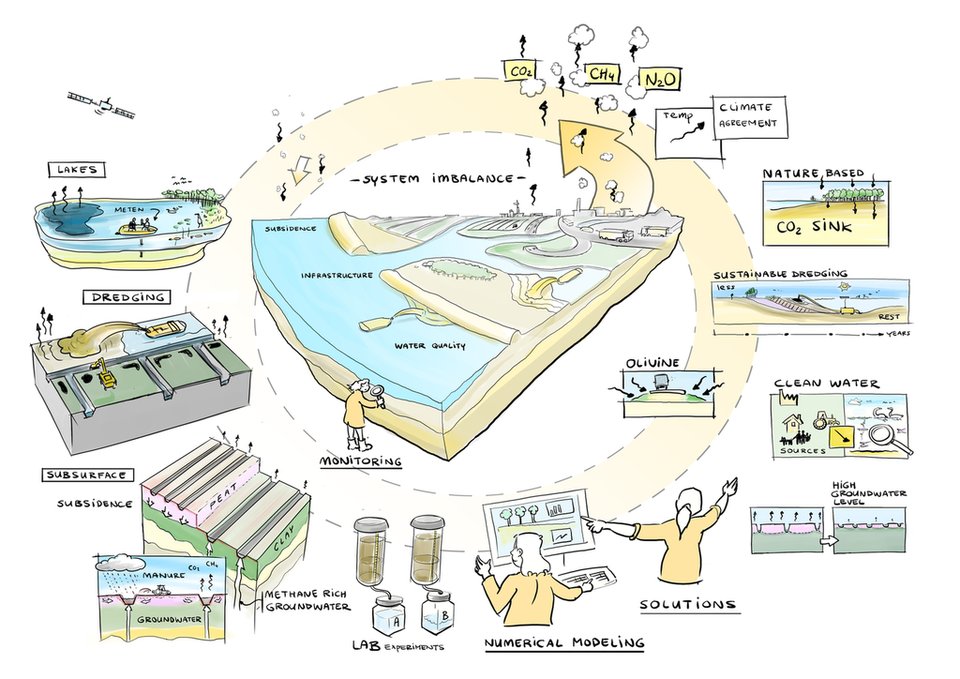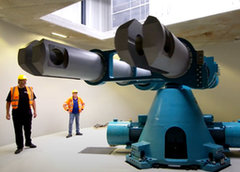Studying greenhouse gases
Interventions in water, soil and subsurface in a delta area result in more emissions of greenhouse gases. Deltares is studying those emissions so that we can include the results in our consultancy work. In that way, our Delta solutions will help to achieve the objectives of the climate agreement.



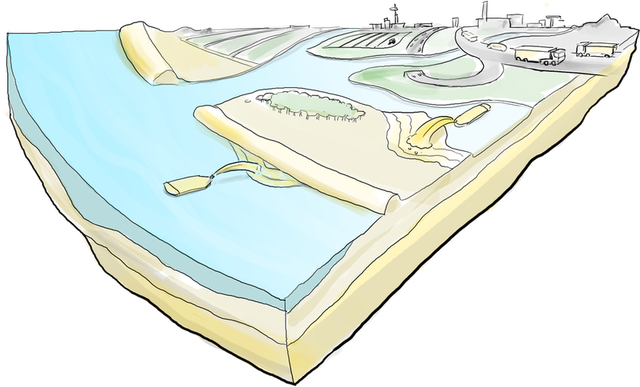


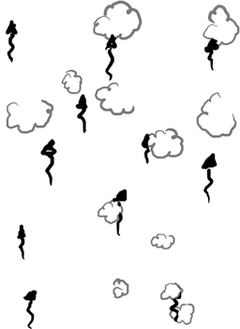


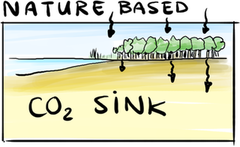
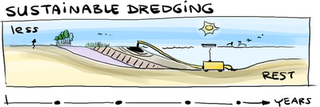

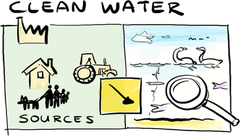



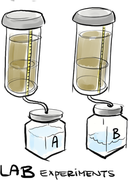
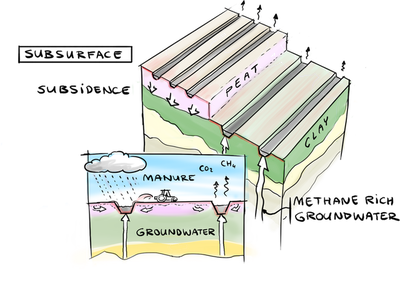
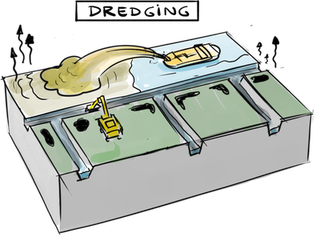
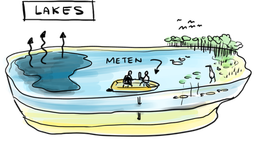


Working with natural solutions; vegetation absorbs CO2 from the air and captures it.

Dredging more slowly (with lower flow rates) and using new techniques releases less CO2. More efficient beach nourishment operations and land reclamation also help.

This is a type of rock that, once pulverised, stores CO2.

Lower nutrient levels in the water reduce CO2 emissions. This is a win-win situation.

A higher water table prevents the oxidation of peat and slows CO2 emissions. It's a win-win situation because we reduce land subsidence at the same time.
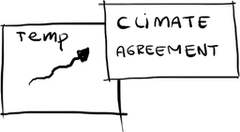

“The main advance made by our research into lakes is that a link has now been established between water quality and emissions: lakes with poor water quality produce more emissions than lakes with good water quality. That means our major waters can play a role in climate mitigation.”
Sacha de Rijk - Expert on Water Quality and Ecology

“We're trying to further deepen our understanding of the delta system and greenhouse processes: the properties of sediment and water quality, the relationship between groundwater and surface water, and the interaction between the atmosphere and the subsurface. That deeper knowledge can be used to advise about reducing greenhouse gas emissions and enhancing capture.”
Roelof Stuurman - Expert on Water and Subsurface Management
More information
If you want to know more about this study, don't hesitate to get in touch.

Sacha de Rijk
Expert on Water Quality and Ecology
